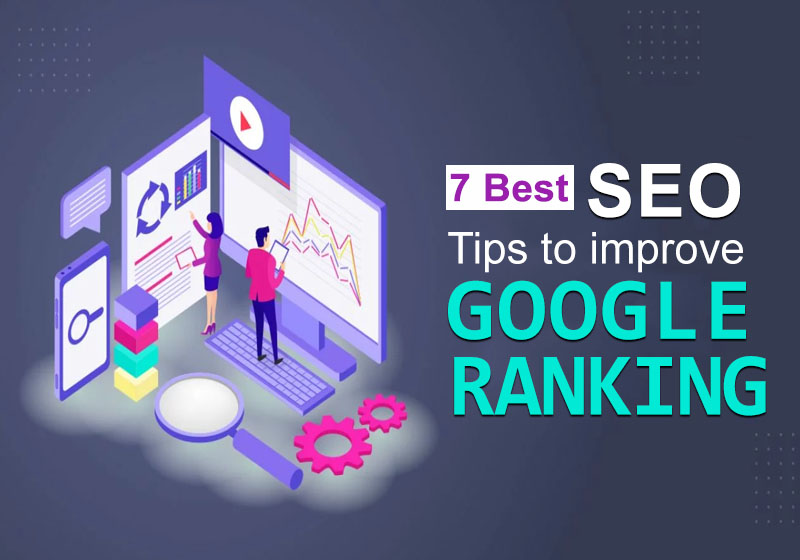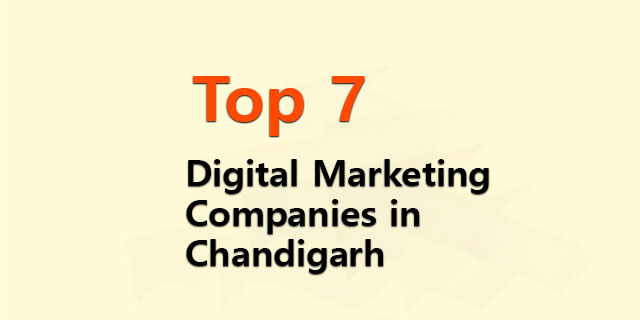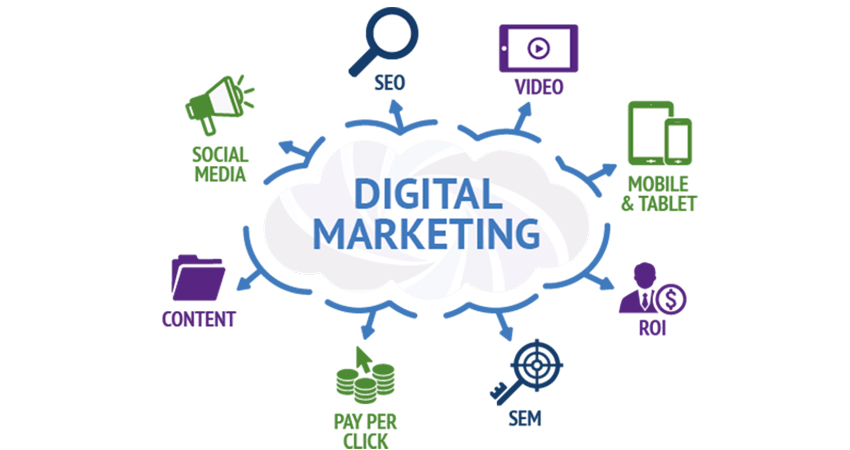SEO requirements are always changing, which can make it difficult to keep up with the latest developments. But if you want your site to rank high on Google, you need to stay up to date. Well-optimized sites tend to get more traffic over time, which can lead to more sales and conversions. Without SEO, people won’t be able to find your site, so all your hard work will be for nothing.
In this guide, we’ll be answering the question “what does SEO mean?” as well as sharing the essential SEO ranking factors you need to know in order to dominate search results. By the end of this post, you’ll have a well-optimized site that brings in more business.
If you’re interested in learning more about SEO ranking factors, we’ve created this handy table of contents to help you skip ahead to the topics that are most interesting to you:
What are the most important SEO ranking factors?
- A Secure and Accessible Website
- Page Speed (Including Mobile Page Speed)
- Mobile Friendliness
- Domain Age, URL, and Authority
- Optimized Content
- Technical SEO
- User Experience
- Links
- Social Signals
- Real Business Information
How to improve the SEO Rankings:
1. Fix Broken Links
If you want your links to stay intact, you need to keep a few things in mind. First, links can break for various reasons, but the most common one is change. For example, you may have linked to an external website a while ago that no longer exists. Second, if you redesign your website but keep old content and links, you need to set up 301 redirects so your internal links don’t break. To make sure your links are in working order, have your digital marketing team check your website and see which ones need to be fixed.
2. Be Responsive
If you want your website to rank well in mobile search results, you need to make sure it is responsive. Responsive design means that your website will be optimized for multiple devices, making it easy to view and navigate no matter what device your visitors are using. If your website is not responsive, you will miss out on a lot of organic traffic. So if there is one thing you take away from this blog, let it be that responsive design is a must-have for any modern website.
3. Website speed
It’s estimated that over 60% of internet traffic now comes from mobile devices, so if your website isn’t designed with responsive optimization in mind, you’re already lagging behind your competition. Not to mention, mobile-unfriendly websites are penalized by search engines and rank much lower in mobile search results. So, if you want to maintain (or improve) your website’s organic traffic, make responsive design a priority.
4. Adding alt text to images
Adding alt text to images is crucial for making your website accessible to everyone, including those who are using screen readers or have difficulty loading images. Alt text helps identify the contents of an image, and it also shows up in search results. Make sure all of the images on your website have alt text so that everyone can enjoy your content!
5. Create a Google My Business Account
If you’ve ever looked up a business on Google and seen a little directory listing appear on the right-hand side, that’s pulled from Google My Business. Google My Business is an online listing where you can verify your company’s location on Google Maps, update contact information in Google search results, and more. To get the most out of your company’s profile, you’ll need to either claim or create your listing.
6. Content on page must be at least 270+ words
It’s true that the web design world is visually-driven. But that doesn’t mean that content isn’t still important. Your pages should have at least 270 words so that they’ll be indexed by Google. The key is to find the right balance between content and images. You can do this with bullet points, short paragraphs, and long scrolling pages.
7. Keep Your Meta Data Up-To-Date
Metadata is the code used in HTML tags to communicate information about specific pages on your website to search engines and users. Two of the most crucial Meta tags for SEO are the Meta page title and Meta description. It’s important that every page on your website has a unique Meta page title and Meta description. For tips on how to make the most out of your metadata, check out our blog on Writing Amazing Meta Tags for SEO.





